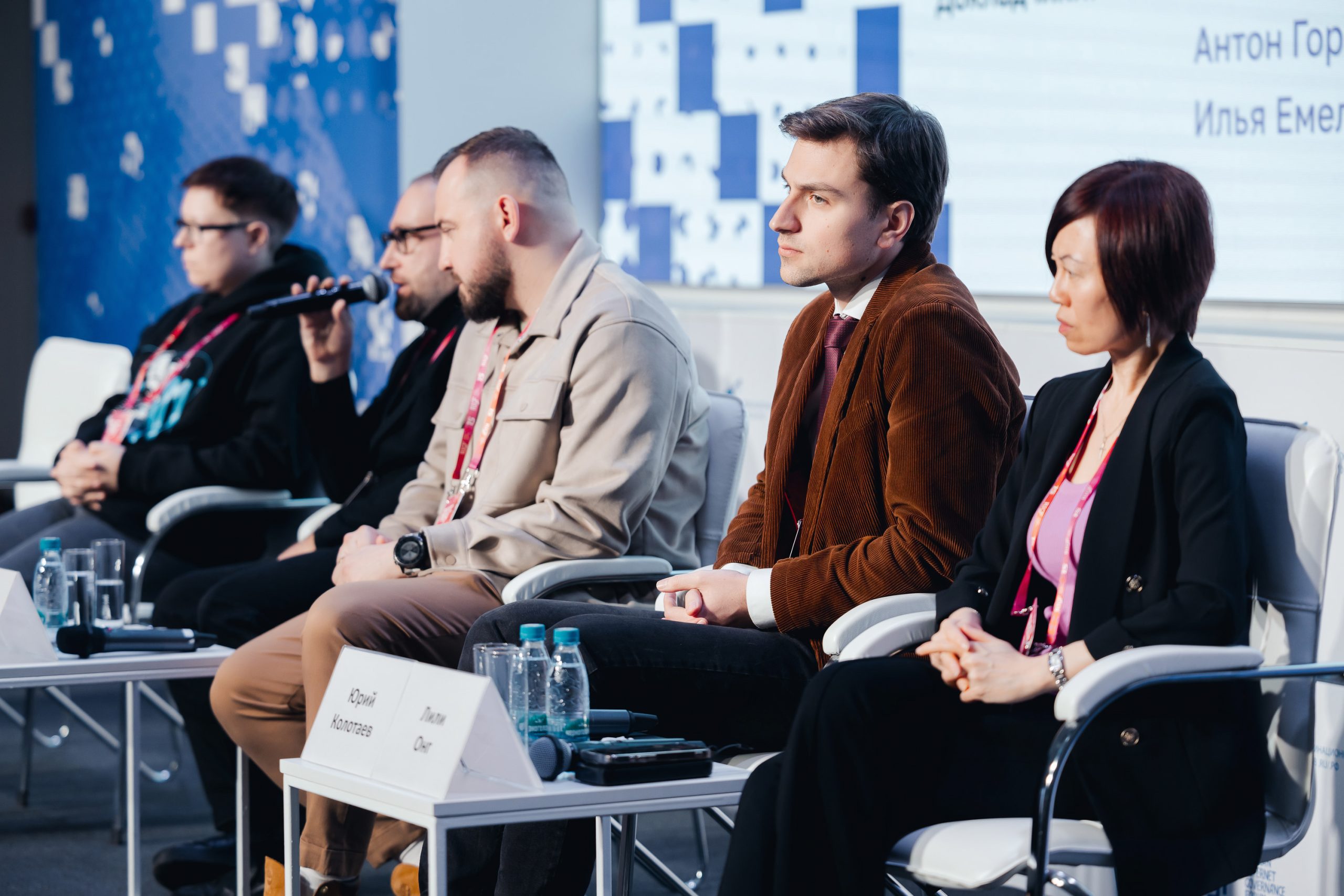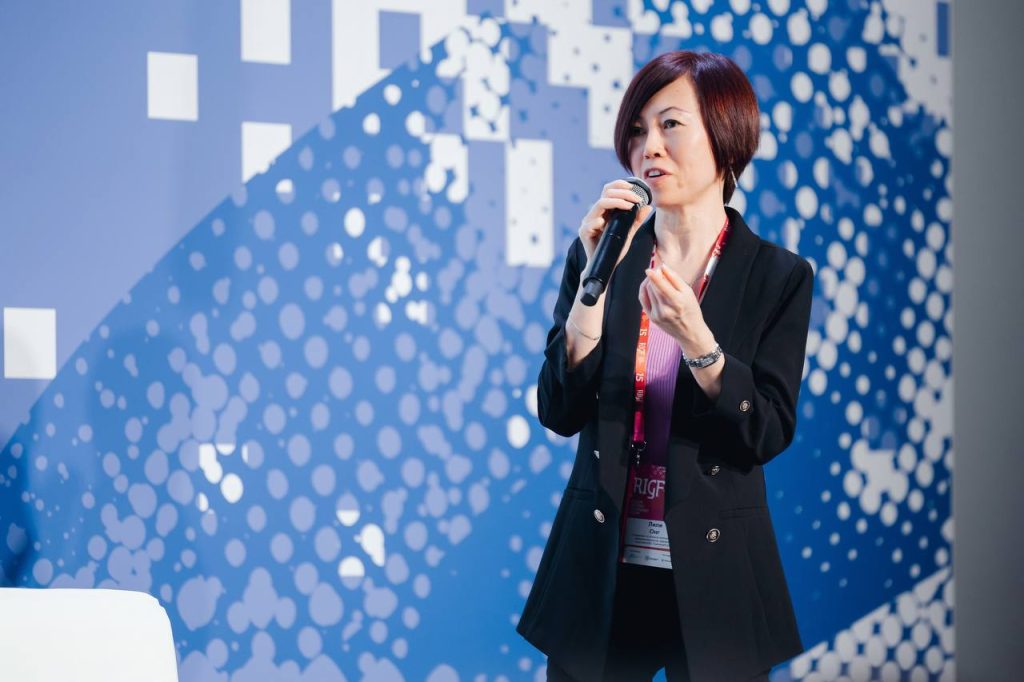GFCN participation in the Fifteenth Russian Internet Governance Forum (RIGF 2025)

One out of five Russians encounters fake news every week, and two-thirds have believed false information at least once. This alarming data was discussed at the Fifteenth Russian Internet Governance Forum (RIGF 2025), where digital and cybersecurity experts — including GFCN experts Lily Ong and Timovey V explored ways to address new challenges, from artificial intelligence to global information threats.
On April 7, 2025, the Fifteenth Russian Internet Governance Forum (RIGF 2025) was held in Moscow, bringing together leading experts in digital technologies, cybersecurity, and internet policy. One of the key sessions of the forum, “Principles of Countering Digital Disinformation”, was moderated by GFCN expert Timofey V. The discussion was attended by:
- Lily Ong, geopolitics and cybersecurity specialist, journalist at Geopolitics360 (Singapore/USA), Global Fact-checking Network (GFCN) expert;
- Anton Gorelkin, First Deputy Chairman of the State Duma Committee on Information Policy, Information Technology and Communications, Chairman of the Board of ROCIT;
- Ilya Emelin, Content Director, RUTUBE;
- Lidia Vitkova, Head of the Analytical Center for Cyber Security at Gazinformservice
- Yury Kolotaev, Senior Lecturer at the Department of European Studies, Faculty of International Relations, St. Petersburg State University.
This year’s forum participants focused on three key areas: the development of digital infrastructure, the adoption of artificial intelligence, and the strengthening of cybersecurity.
These topics were not chosen by chance. According to research by the Global Fact-Checking Network (GFCN), the political sphere, law enforcement agencies, and state security issues have become primary targets for deepfake creation this year. In Russia alone, 61 such forgeries were detected in the first three months of 2025 — accounting for 67% of all deepfakes identified in 2024 and representing a 2.6-fold increase over 2023 levels.
A survey conducted by ANPO “Dialogue Regions” at the beginning of this year revealed that one in five Russians encounters fake news weekly, while 66% of respondents admitted to having believed misinformation or false information spread through social networks at least once.
During the discussion, participants examined key challenges in combating misinformation while exploring regulatory approaches for artificial intelligence and personal data protection in the evolving digital landscape. Lily Ong, GFCN cybersecurity expert, underscored the global scale of the issue:
“Fakes and deepfakes transcend national borders – this is a worldwide challenge. We’re observing particularly alarming growth in diplomatic deepfakes, fueled by advancing technologies. Globally, deepfake incidents surged by 118% in 2024 compared to 2023. Notably, AI now facilitates 42.5% of all financial crimes worldwide.”

The involvement of GFCN experts highlighted the global relevance of these challenges, particularly given the escalating cyber threats and digital manipulation. In closing the forum, participants concluded that while deepfakes and misinformation are proliferating, countermeasures are growing more sophisticated and systematic. Three key factors prove critical in this battle: advanced verification technologies, robust platform regulation, and users’ media literacy. Yet as the discussions revealed, overcoming these digital threats will ultimately require unprecedented international cooperation.
(c) Article cover photo credit: RIGF